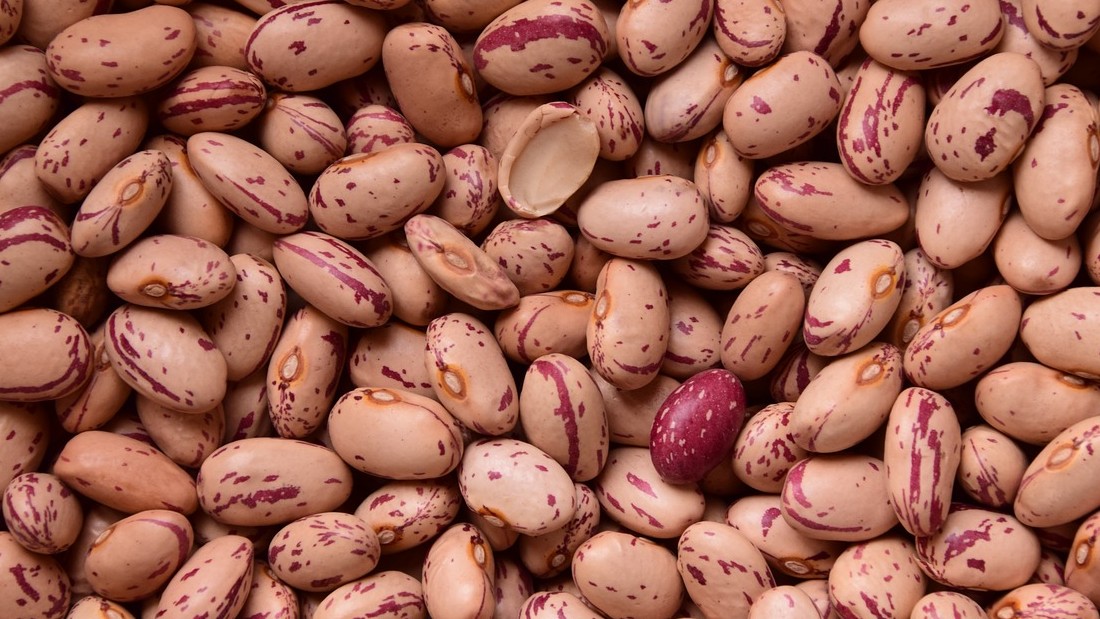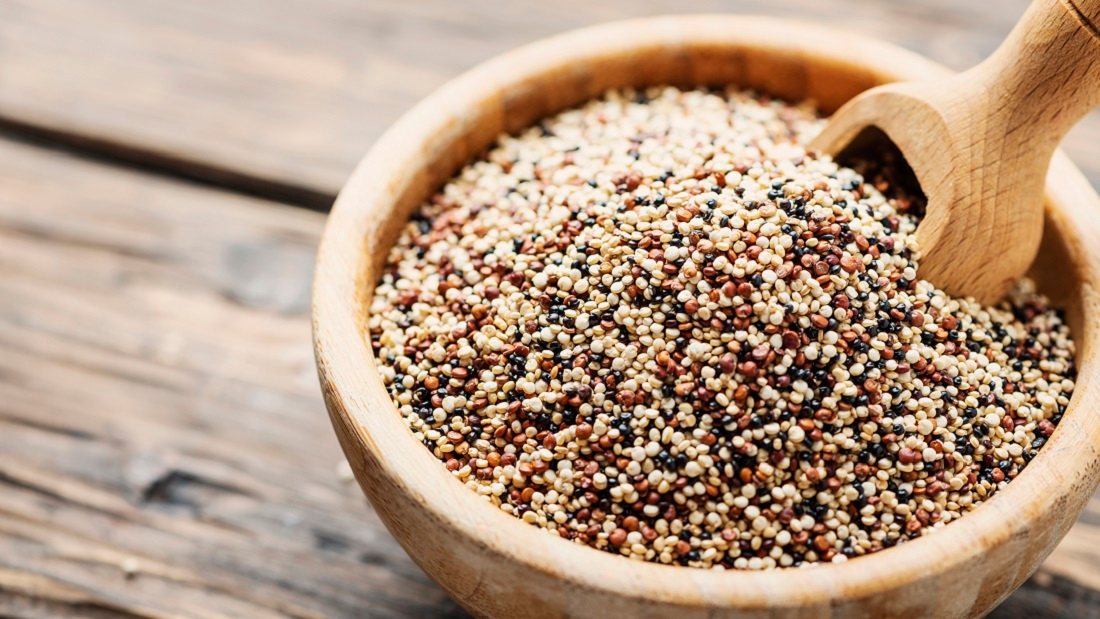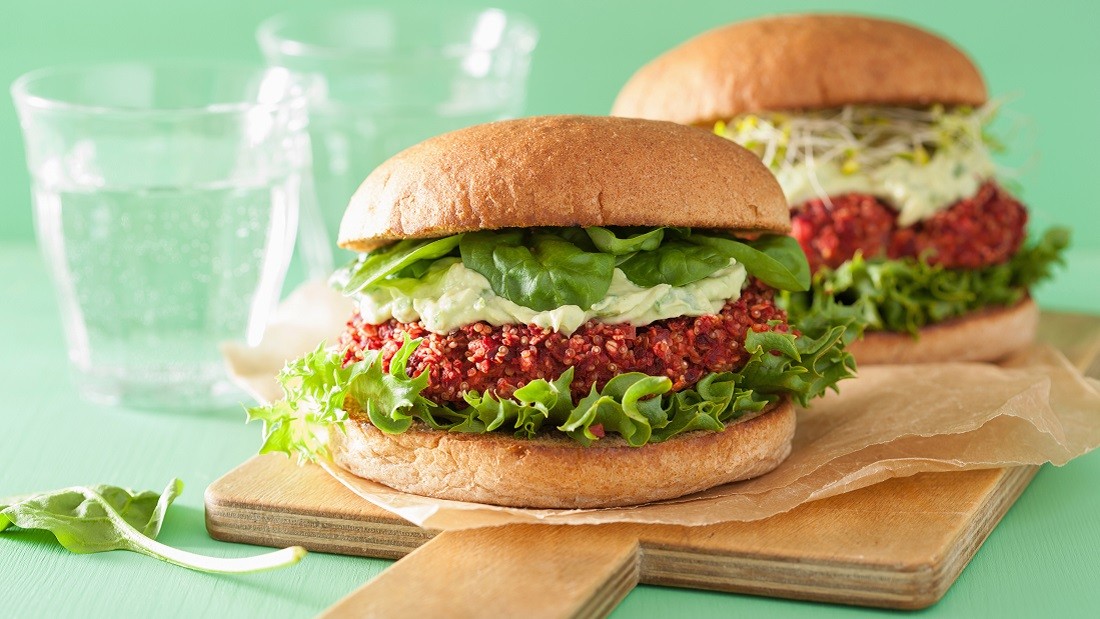Protein

How much do you need daily?
The recommended daily intake of protein for healthy adults in the UK is 0.75 grams per kilogram of body weight. When this was decided, in 1991, that meant the average woman should eat about 45 grams of protein a day, while the average man should stick to around 55.5 grams – about two portions of nuts, tofu or other protein source. A protein portion should fit into the palm of your hand. However, average weights have increased so we should likely be aiming a little higher.
Furthermore, several studies now argue the official recommended amount should be seen as a minimum to prevent deficiency rather than an optimal target for most adults. Many experts suggest around one to 1.2 grams of protein per kilogram of weight are required for general health, with higher intakes for moderate to intense activity to support muscle and functional outcomes. This equates to around 61 grams and 84.1 grams for the average woman and man respectively.
If you want to build more muscle, you’ll need to increase your protein intake according to your physical activity and how much muscle you want to put on – elite athletes eat up to two grams of protein per kilogram of bodyweight daily.
Children, adolescents and breastfeeding women need a bit more protein than 0.8 grams per kilogram of bodyweight but it’s not rocket science, simply make sure you include good protein sources in your daily diet, alongside healthy carbs and fats.
Find out more about the research and see suggested meal plans here.
The government recommends the following intakes
| Age | Amount of protein recommended each day (grams) |
|---|---|
| 0-3 months | 12.5 |
| 4-6 months | 12.7 |
| 7-9 months | 13.7 |
| 10-12 months | 14.9 |
| 1-3 years | 14.5 |
| 4-6 years | 19.7 |
| 7-10 years | 28.3 |
| Males | |
| 11-14 years | 42.1 |
| 15-18 years | 55.2 |
| 19-50 years | 55.5 |
| 50+ years | 53.3 |
| Females | |
| 11-14 years | 41.2 |
| 15-18 years | 45.4 |
| 19-50 years | 45.0 |
| 50+ years | 46.5 |
| During pregnancy | +6 |
| Breastfeeding 0-6 months | +11 |
| Breastfeeding 6+ months | +8 |
Are we getting enough?
According to the National Diet and Nutrition Survey, on average, UK women eat 67 grams of protein and men 85 grams of protein each day. For most people then, this is considerably higher than the 1991 recommended amount and a little over the amount some experts have more recently recommend.
High protein intakes, especially from animal sources and over the long term, have been linked to kidney strain, increased calcium loss and possible bone weakening, higher cardiovascular and some cancer risks and poorer gut health.
Why do we need it??
Protein is an essential part of all our cells. We need it for many vital reactions and processes in the body, as a component for hormones and many other body functions. Protein consists of different types of amino acids, some of which the human body can manufacture but there are nine amino acids that we need to have in our diet because our bodies can’t make them.
You might have heard of ‘complete’ protein. It refers to protein that contains all nine essential amino acids so it’s a complete package in terms of your protein needs. In the plant kingdom, examples include soya, black beans, quinoa, chickpeas, cashew nuts, pumpkin seeds, chia seeds and pistachios. There used to be a myth that you need to combine foods to get ‘complete’ protein but that is now considered outdated thinking – if you eat enough in a day and have a varied, healthy diet, you’re getting all the protein (all the amino acids) you need.
When looking at protein content, don’t forget to consider how much of the food you actually eat. If you start the day with toast, hummus and cherry tomatoes; lunch on lentil dahl, spinach and a small portion of brown rice; and for dinner, have a medium baked potato with a vegan frankfurter and baked beans, your protein intake would be 58 grams. On another day, toast and peanut butter for breakfast, two sausage rolls with a green salad for lunch and vegan spaghetti bolognaise for dinner, made with vegan mince, adds up to 46 grams. Alternatively, a medium-sized bowl of muesli with soya milk and a banana, a falafel and hummus wrap and a tofu-stir-fry with mixed seeds also adds up to 46 grams.
These suggestions don’t include drinks, soya milk or fruit so the final figure will be even higher. It’s simple – consume enough calories in a varied vegan diet and you’ll get the protein you need.
Years of advertising and marketing of products with high protein content have created this myth that we constantly need to be looking for more and better sources of protein but nothing can be further from the truth. Most people in Western societies have the opposite problem – far too much protein – and protein deficiency is almost unheard of. If you eat a healthy and varied vegan diet, protein won’t be on your worry list!
For more information see our protein fact sheet.
Do I need a supplement?
Unless you’re a professional athlete or do extremely physically demanding work, you probably don’t need protein powders and supplements.
The best plant sources

Quinoa
The best plant sources of protein include pulses (lentils, beans, chickpeas, peas and soya), nuts, seeds and wholegrains (wholemeal bread, wholewheat pasta and brown rice). One large serving of cooked tofu could provide up to half the protein you need in one day!

Tofu Skewers
Signs of deficiency
Protein deficiency is very rare in Western societies and usually the result of disease or ageing rather than diet. Generally, as long as you’re getting enough calories, you’re getting enough protein. If you are missing out, symptoms might include: low energy levels, fatigue, poor concentration and trouble learning, loss of muscle and weakened immune system leading to increased infections.
Kwashiorkor is a disease caused by protein deficiency. Symptoms include a badly swollen abdomen. Kwashiorkor is common in developing countries because people may not get enough protein in their diet.
Foods to include
| Food | Grams of protein per serving | % of recommended daily amount for women (45 grams) | % of recommended daily amount for men (55 grams) |
|---|---|---|---|
| Quinoa, raw (180g) | 24.8 | 55 | 45 |
| Tofu, steamed or fried (100g) | 23.5 | 52 | 43 |
| Veggie burger – soya based (115g) | 19.1 | 42 | 35 |
| Oats (160g) | 17.4 | 39 | 32 |
| Bean-burger (115g) | 12.2 | 27 | 22 |
| Wholemeal spaghetti (220g) | 10.3 | 23 | 19 |
| Peanut butter (thickly spread on two slices, 40g) | 9.0 | 20 | 16 |
| Chickpeas (three tablespoons, 105g) | 7.6 | 17 | 14 |
| Kidney beans – canned (three tablespoons, 105g) | 7.2 | 16 | 13 |
| Mixed nuts (one handful, 30g) | 7.1 | 16 | 13 |
| Baked beans in tomato sauce (135g) | 6.8 | 15 | 12 |
| Cooked wholegrain rice (180g) | 6.5 | 14 | 12 |
| Peanuts – dry roasted (small bag, 25g) | 6.4 | 14 | 12 |
| Hummus (2-3 tablespoons, 90g) | 6.1 | 14 | 11 |
| Walnuts (12 halves, 40g) | 5.9 | 13 | 11 |
| Almonds (12 nuts, 26g) | 5.5 | 12 | 10 |
Source: Public Health England: McCance and Widdowson’s The Composition of Foods Integrated Dataset.
Additional information
Plant protein differs from animal protein in a number of ways. Animal protein contains higher levels of sulphur, which puts more strain on kidneys and the metabolism. High intakes of animal protein have been linked to disease and early death. It could be because animal protein raises your levels of the growth hormone insulin-like growth factor 1 (IGF-1), which increases the risk of cancer. Animal protein also promotes harmful acid production and encourages toxic gut bacteria. All these are detrimental to health but they can also increase levels of inflammation and undermine blood vessel health, especially if there’s already damage such as arterial plaques.
Years of advertising and aggressive marketing of high-protein foods have fed into the myth that vegans somehow miss out when the opposite is true. Research consistently shows protein intake among vegans is more than sufficient (and healthier) while in meat-eaters, it frequently exceeds recommended intake levels by a considerable amount, potentially increasing the risk of heart disease, diabetes, cancer and osteoporosis.
Plant protein offers protection against a range of diseases, promoting a longer, healthier life.
Swapping animal protein for plant protein reduces the risk of disease. Eat a healthy vegan diet and you’ll get enough protein – plant protein – the good stuff!

List of All Nutrients
This post has been categorised in: A-Z of nutrients, A-Zs, Health




